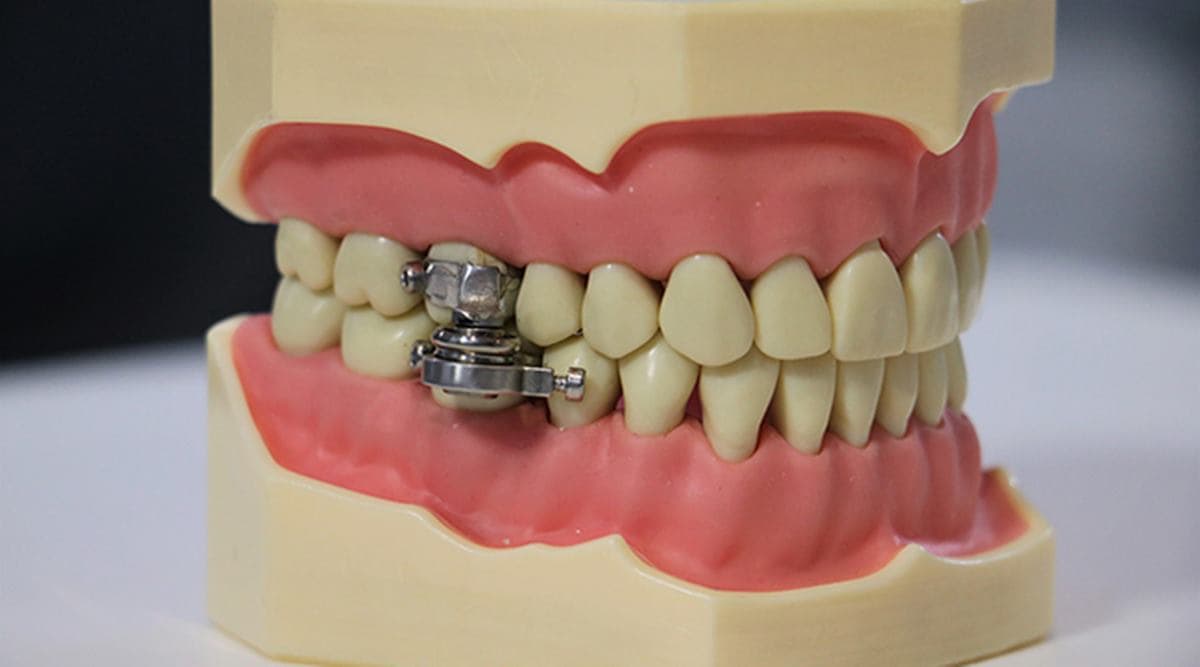New weight loss dental tool likened to medieval torture device

It was trialled on otherwise-healthy obese participants, who claimed the device was "hard to use", causing discomfort with their speech

While there are many sure-shot ways of losing weight, there isn’t any like this bizarre invention. A new tool has been making news for some time now for its oddity, which ensures a person’s mouth remains shut so they do not get to stuff enough food and, therefore, reduce the risk of turning obese.
According to a report in The Guardian, the new weight-loss tool uses magnets to stop people from opening their mouths wide enough to eat solid food. Developed by medical professionals from the University of Otago in New Zealand and scientists from Leeds in the UK, the device can be placed by dentists inside the mouth. It comprises magnetic components with locking bolts.
Called ‘DentalSlim Diet Control’, it allows users to open their mouths only 2mm wide. It was initially trialled on seven otherwise-healthy obese women from Dunedin in New Zealand for two weeks. They were given a low-calorie liquid diet, and according to an article published in the British Dental Journal, the group lost 6.36 kg, or about 5.1 per cent of their body weight.
The participants also alleged the device was “hard to use”, causing discomfort with their speech. They also reportedly felt tense and that “life, in general, was less satisfying”.
Naturally, it was criticised online, with netizens likening it to some form of medieval torture device. Take a look at some of these reactions:
While they had initially tweeted that it is a “world-first weight-loss device to help fight the global obesity epidemic: an intra-oral device that restricts a person to a liquid diet”, they later clarified in a tweet that “the intention of the device is not intended as a quick or long-term weight-loss tool; rather it is aimed to assist people who need to undergo surgery and who cannot have the surgery until they have lost weight.
“After two or three weeks they can have the magnets disengaged and device removed. They could then have a period with a less restricted diet and then go back into treatment. This would allow for a phased approach to weight loss supported by advice from a dietician.”
Following all the criticism, Prof Brunton, the pro-vice-chancellor of the University of Otago Health Sciences department, said in a statement: “The main barrier for people for successful weight loss is compliance and this helps them establish new habits, allowing them to comply with a low-calorie diet for a period of time.”
He said the device is “non-invasive, economical and [an] attractive alternative to surgical procedures”. “The fact is, there are no adverse consequences with this device.”
What do you think about it?
For more lifestyle news, follow us: Twitter: lifestyle_ie | Facebook: IE Lifestyle | Instagram: ie_lifestyle
Source: Read Full Article